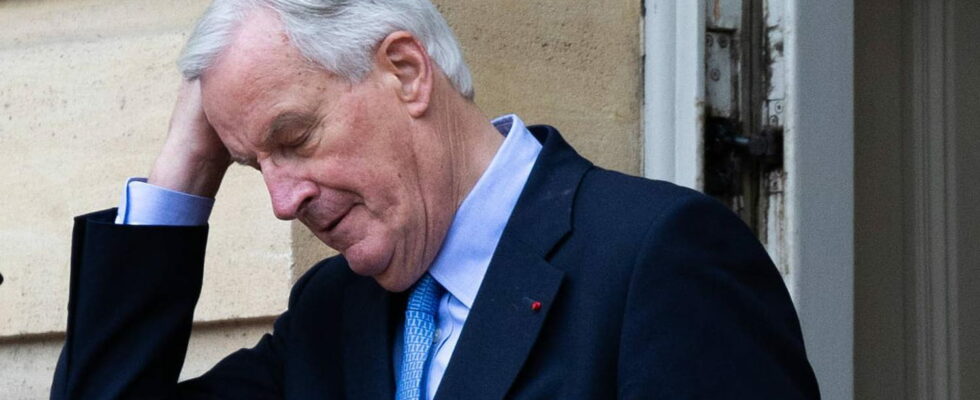If Michel Barnier promised that income tax would not increase for almost all French people, he plans on the other hand to increase a tax that all households will have to pay.
The French will soon know. Michel Barnier and his government are finishing work on the 2025 budget and the upcoming tax increase. If the Prime Minister affirmed that the vast majority of households would not pay more income tax, all French people will nevertheless have to put more of their hands in their pockets due to the planned sharp increase in a tax paid by all homes and from which no one can escape.
Seeking to obtain nearly 20 billion euros in additional revenue in 2025, Michel Barnier has studied numerous avenues. One of them, in the process of being validated, consists of increasing the domestic final consumption tax on electricity (TICFE) by more than 40%. Concretely, on your electricity bill, the share that you will pay to the State will be much greater. Today, it is €22.50 per MwH. At 1er February, it should increase to €32 per MwH… And maybe more. Le Parisien suggests that the final amount could be higher. If the idea has not yet been definitively adopted, the Bercy services are working on it.
Among the other measures, that of an additional tax on households which receive “roughly” 500,000 euros per year, or 40,000 euros per month for a single person or 20,000 euros per person as part of a couple . This concerns 65,000 people in France. Also in the cards for Michel Barnier, an “exceptional participation”, for “a year or maybe two”, on the profits of “300 companies” which “make a billion turnover or more”, always according to the Prime Minister Thursday evening, but also an increase in taxation on polluting transport, increases in taxes on electricity and even on sports betting, as well as a change in taxation for AirBnb rentals.
All these projects have not yet been definitively confirmed. Laurent Saint-Martin, Minister of the Budget, must present all the details this Thursday, October 10, 2024. Then, deputies will have to debate this file for five days only, between October 21 and 25. Many amendments are expected to be tabled, but the final vote must take place on Tuesday, October 29, before the Senate votes on it. At the latest, parliamentarians must have approved the budget by December 31.
Latest updates
09:00 – A second electricity tax about to be implemented
Further down in this live, we talked about a future increase in a tax on electricity. It’s not one but probably two taxes that will increase on your bills. Michel Barnier could indeed announce an additional drain on household wallets. It’s obviously not presented that way, but the end result will be this. Concretely, the State wants to require EDF (main electricity producer) to pay additional tax on its nuclear power plants and hydroelectric dams. Expected revenue: nearly 3 billion euros per year.
Except that EDF is obviously not going to pay for this out of its own pocket and should pass it on to consumers, without them realizing it. In a few months, the cost of electricity alone will drop significantly. The right time to discreetly increase taxes. This increase should be significant but will not prevent the overall rating from falling. The State will be a winner and the taxpayer will not realize it, believing that, in any case, their bill will be lower.
08:50 – A tax on electricity increased by 40%
According to Les Echos And The Parisianthe TICFE (domestic final consumption tax on electricity) could increase from 21 euros to 32 euros at the start of 2025. This is a tax paid when paying your electricity bill and remitted to the State. Emmanuel Macron lowered it to 1 euro during the energy crisis to stem the rise in the cost of electricity production. As these costs are now falling, there are plans to increase the tax again. The overall bill could still decrease, but less than if the TICFE remained at its current level. An additional 3 to 4 billion euros would enter state coffers. The Parisian even claims that the tax could ultimately be higher.
